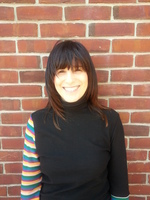This article will only be available in my upcoming book with Menucha publishers in March 2026, tentatively called The Hillel Series. Look out for it then on Amazon and in Judaica bookstores!
My book, Therapy, Shmerapy, can be found in bookstores or online
Follow me on my new blog at

 Previous
Previous

